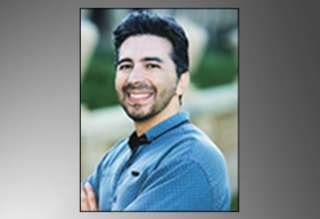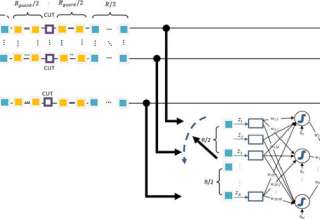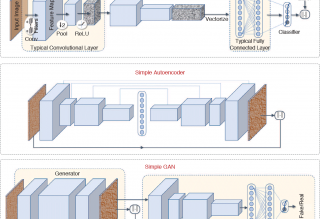SPS Feed
Top Reasons to Join SPS Today!
1. IEEE Signal Processing Magazine
2. Signal Processing Digital Library*
3. Inside Signal Processing Newsletter
4. SPS Resource Center
5. Career advancement & recognition
6. Discounts on conferences and publications
7. Professional networking
8. Communities for students, young professionals, and women
9. Volunteer opportunities
10. Coming soon! PDH/CEU credits
Click here to learn more.
The Latest News, Articles, and Events in Signal Processing

Postdoctoral researcher - (computational linguistics or computer science)
Models of Intercomprehension in Speech and Language
Semantic segmentation is the task of labeling every pixel in an image with a predefined object category. It has numerous applications in scenarios where the detailed understanding of an image is required, such as in autonomous vehicles and medical diagnosis. This problem has traditionally been solved with probabilistic models known as conditional random fields (CRFs) due to their ability to model the relationships between the pixels being predicted.
Traditionally, analytical methods have been used to solve imaging problems such as image restoration, inpainting, and superresolution (SR). In recent years, the fields of machine and deep learning have gained a lot of momentum in solving such imaging problems, often surpassing the performance provided by analytical approaches.
Visual perception is one of our most essential and fundamental abilities that enables us to make sense of what our eyes see and interpret the world that surrounds us. It allows us to function and, thus, our civilization to survive. No sensory loss is more debilitating than blindness as we are, above all, visual beings.
Prosthetic limbs have improved significantly over the past several years, and signal processing has played a key role in allowing these devices to operate more smoothly and precisely on command. Now, researchers are taking the next step forward by using signal processing approaches and methods to develop prosthetics that not only function reliably and efficiently but give wearers more natural control over artificial arms, hands, and legs.
Three new members-at-large will take their seats on the IEEE Signal Processing Society (SPS) Board of Governors (BoG) beginning 1 January 2018 and will serve until 31 December 2020. Nine candidates competed for the three member-at-large positions. The successful candidates represent a broad spectrum of the SPS. The successful candidates are: Shoji Makino, Athina P. Petropulu, Paris Smaragdis.
Pages
SPS Social Media
- IEEE SPS Facebook Page https://www.facebook.com/ieeeSPS
- IEEE SPS X Page https://x.com/IEEEsps
- IEEE SPS Instagram Page https://www.instagram.com/ieeesps/?hl=en
- IEEE SPS LinkedIn Page https://www.linkedin.com/company/ieeesps/
- IEEE SPS YouTube Channel https://www.youtube.com/ieeeSPS






















